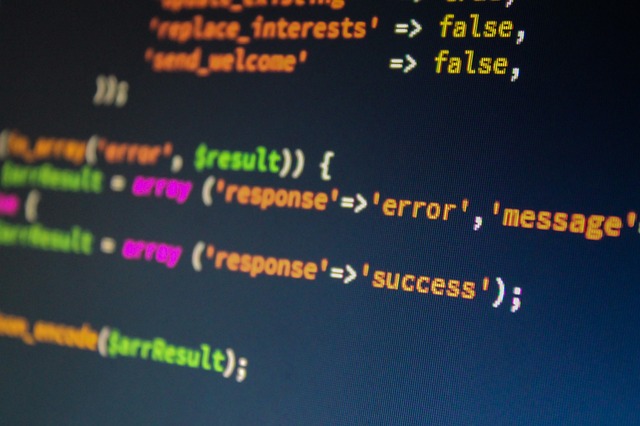In the world of coding, originality and integrity are paramount. Plagiarism not only undermines your credibility as a developer but also hinders your growth and learning in the field. To maintain ethical standards and uphold professional integrity, it’s essential to take proactive measures to avoid plagiarism while honing your coding skills. In this guide, we’ll explore five tips to help you steer clear of plagiarism while honing your coding skills.
1. Understand the Concept
Before diving into coding, take the time to thoroughly understand the concepts, algorithms, and methodologies you’ll be working with. Avoid the temptation to copy and paste code snippets without comprehension, as this not only constitutes plagiarism but also hinders your ability to learn and problem-solve independently.
Developing a deep understanding of the underlying principles will empower you to write code that is truly your own, rather than relying on borrowed solutions. Moreover, it enables you to tailor your code to specific project requirements and troubleshoot issues effectively, fostering a stronger foundation for your development journey.
Actively engage with the coding community through forums, discussions, and collaborative projects. Sharing knowledge and seeking clarification on concepts you find challenging can enhance your understanding and expose you to diverse perspectives and approaches. Embrace the journey of continuous learning and exploration, and you’ll be better equipped to navigate the complexities of coding with confidence and originality.
2. Use Reliable Sources
When seeking guidance or reference materials, rely on reputable sources such as official documentation, trusted tutorials, and recognized coding forums. Be cautious of utilizing code from unofficial or unverified sources, as it may be plagiarized or of poor quality.
Additionally, always cite your sources when incorporating code snippets or insights from external references into your projects. Providing proper attribution not only demonstrates integrity but also acknowledges the contributions of others in the coding community, fostering a culture of collaboration and knowledge sharing.
3. Practice Modularization
Embrace the practice of modularization by breaking down your code into smaller, reusable components or functions. This not only promotes code reusability and maintainability but also reduces the likelihood of inadvertently plagiarizing existing code.
By organizing your code into modular units, you can focus on solving specific problems or implementing discrete features, making it easier to understand, debug, and enhance your codebase. Moreover, modularization encourages code abstraction and encapsulation, facilitating a more scalable and flexible development process.
Adopting a modular approach fosters collaboration within development teams, as team members can work on different modules concurrently without interfering with each other’s code. This division of labor promotes efficiency and allows for better coordination in large-scale projects. Embrace modularization as a fundamental principle of your coding practice, and you’ll streamline your development workflow while minimizing the risk of plagiarism.
4. Leverage Version Control Systems
Utilize version control systems such as Git to track changes, collaborate with others, and manage your codebase effectively. Version control not only provides a structured workflow for development but also helps identify and address instances of code duplication or plagiarism.
By maintaining a transparent and documented history of your code revisions, you can demonstrate the originality and evolution of your work. Version control also enables you to experiment with different approaches, revert to previous versions if needed, and collaborate with peers while maintaining the integrity of your codebase.
5. Regularly Review and Test Your Code
Prioritize code review and testing as integral parts of your development process. Thoroughly review your code for logic errors, inefficiencies, and potential instances of plagiarism before finalizing your projects.
Leverage a code plagiarism checker tool to scan your codebase for similarities with existing code repositories and identify any instances of unintended duplication or plagiarism. By conducting comprehensive reviews and tests, you can ensure the quality, correctness, and originality of your code, thereby fostering a culture of excellence and professionalism in your coding endeavors.
Plagiarism in coding not only violates ethical standards but also undermines the integrity of your work and professional reputation. By following these five tips—understanding the concepts, using reliable sources, practicing modularization, leveraging version control systems, and regularly reviewing and testing your code—you can mitigate the risk of plagiarism while honing your coding skills and fostering a culture of integrity in the coding community. Remember, originality and ethical conduct are essential pillars of success in the world of coding.








Leave a Comment
You must be logged in to post a comment.